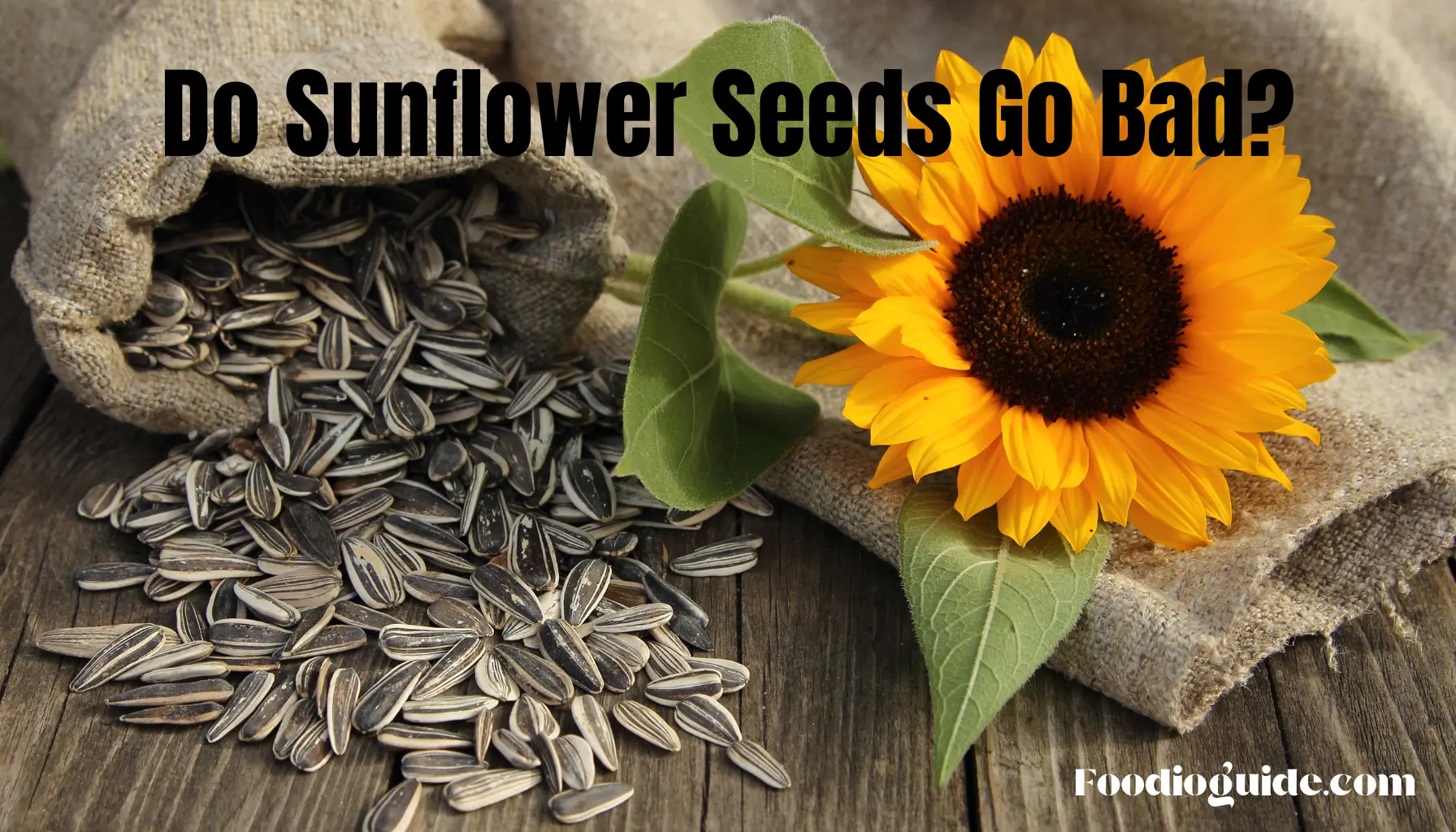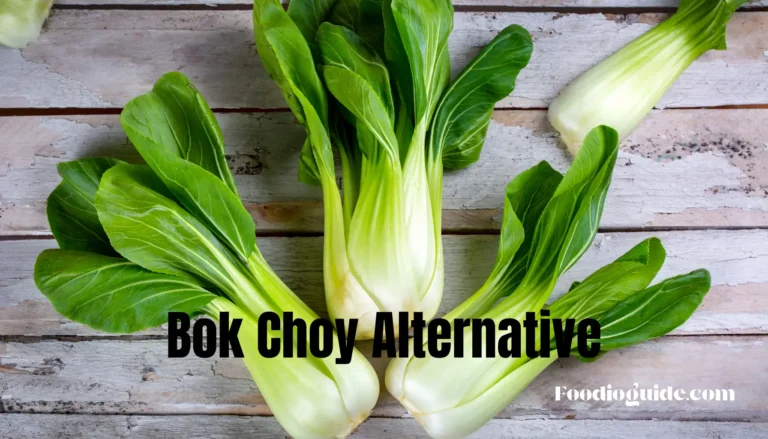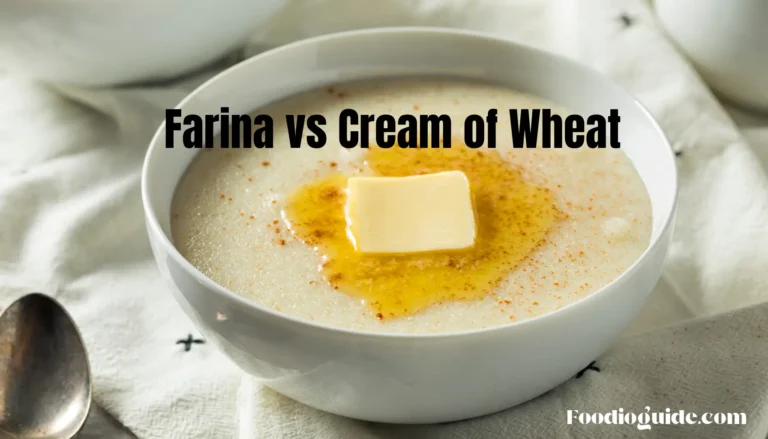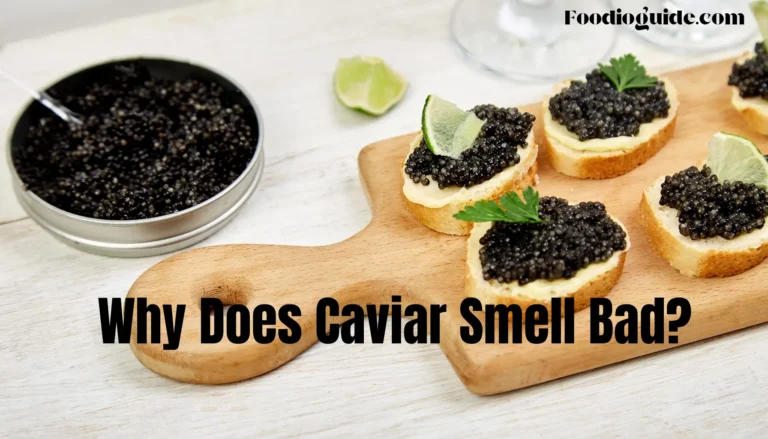Do Sunflower Seeds Go Bad? Everything You Need to Know
Sunflower seeds are a popular snack and ingredient, known for their nutty flavor and nutritional benefits. Whether you buy them in bulk or in small packages, you might find yourself wondering, do sunflower seeds go bad? The answer is yes, but there’s more to know about their shelf life, proper storage, and signs of spoilage. Let’s dive into the details to help you keep your sunflower seeds fresh and safe to eat.
How Long Do Sunflower Seeds Last?
When it comes to sunflower seeds, their shelf life largely depends on how they are processed and stored. Typically, unopened packages of sunflower seeds can last anywhere from six months to a year when stored properly. However, once the package is opened, their freshness may begin to decline.
Factors Affecting Shelf Life
Sunflower seeds’ shelf life depends on how they’re stored. Airtight packaging protects them from oxygen and moisture, ensuring freshness. Seeds stored in cool, dry places last longer, while warm or humid conditions speed up spoilage. Unshelled seeds have a longer lifespan since the shell provides a natural barrier, unlike shelled ones. Proper storage preserves their quality.
- Packaging: Airtight packaging helps preserve sunflower seeds by preventing exposure to oxygen and moisture.
- Storage Conditions: Sunflower seeds stored in a cool, dry place last longer compared to those kept in warm or humid environments.
- Type of Seeds: Shelled sunflower seeds tend to have a shorter shelf life compared to unshelled ones, as the shell provides a natural protective barrier.
Understanding these factors can help extend the shelf life of your sunflower seeds.
Signs That Sunflower Seeds Have Gone Bad
Sunflower seeds can indeed go bad, and recognizing the signs of spoilage is crucial to ensure they remain safe to eat. These seeds, known for their rich nutty flavor and health benefits, may spoil over time due to exposure to air, moisture, or improper storage. Spoilage indicators include a sour or rancid smell, sticky or discolored appearance, and an unpleasant, bitter taste. Fresh seeds typically have a mild, nutty aroma and a firm texture. Storing them in airtight containers, keeping them in cool, dry places, and avoiding exposure to humidity can significantly extend their freshness. Consuming spoiled sunflower seeds not only compromises their taste but may also lead to digestive discomfort. Proper awareness and regular inspection can help maintain the quality of sunflower seeds, allowing you to enjoy their flavor and nutritional benefits for a longer time.
Changes in Smell
Fresh sunflower seeds have a mild, nutty aroma. If your seeds emit a sour or rancid smell, it’s a clear sign they are no longer fresh.
Texture and Appearance
Inspect the seeds for changes in texture or appearance. Spoiled sunflower seeds may feel sticky, appear discolored, or develop mold.
Unpleasant Taste
If the seeds taste bitter or off, it’s time to discard them. Rancid oils can significantly alter the flavor of sunflower seeds.
How to Store Sunflower Seeds to Maximize Freshness
Proper storage can make a big difference in extending the shelf life of sunflower seeds. To maintain their freshness, transfer them into airtight containers immediately after opening the package. This helps protect the seeds from air and moisture, which are the main culprits of spoilage. For even longer storage, consider refrigerating or freezing sunflower seeds. Low temperatures can significantly slow down oxidation, preserving their flavor and nutritional value for months. Additionally, it’s important to store sunflower seeds in a cool, dry place, away from heat sources or direct sunlight. Humidity and warmth can accelerate spoilage, making the seeds lose their freshness faster. By following these tips, you can enjoy your sunflower seeds for a longer time while preserving their quality, taste, and nutritional benefits. Proper storage practices ensure you’re getting the most out of every batch.
Airtight Containers
Transfer sunflower seeds into airtight containers to protect them from air and moisture. This is especially important for opened packages.
Refrigeration or Freezing
For long-term storage, consider refrigerating or freezing your sunflower seeds. Low temperatures slow down the oxidation process, keeping the seeds fresher for months.
Avoiding Humidity
Store sunflower seeds in a cool, dry place, away from direct sunlight and heat sources. Humidity can cause the seeds to spoil faster.
By following these storage tips, you can enjoy your sunflower seeds for a longer time.
Can You Still Eat Expired Sunflower Seeds?
The expiration date on sunflower seed packaging serves as a guideline for freshness rather than a strict indicator of spoilage. While sunflower seeds may remain safe to eat after this date, their quality could decline. Over time, exposure to air, light, and moisture can lead to changes in flavor, texture, and nutritional value. To determine whether expired sunflower seeds are still edible, inspect them for signs of spoilage. A sour or rancid smell, bitter taste, or visible mold are clear indicators they should be discarded. Storing sunflower seeds in airtight containers in cool, dry conditions can help maintain their quality for longer. Proper storage practices are essential to preserving their freshness, even beyond the expiration date. By staying vigilant about spoilage signs, you can enjoy sunflower seeds without compromising on safety or taste.
Safety vs. Freshness
Sunflower seeds that are past their expiration date may still be safe to eat if they show no signs of spoilage. However, they might lack their usual flavor and nutritional value.
When to Discard Expired Seeds
If the seeds smell rancid, taste off, or show signs of mold, it’s best to throw them away. Consuming spoiled sunflower seeds can lead to digestive discomfort.
Are Rancid Sunflower Seeds Harmful?
Rancidity happens when sunflower seed oils oxidize due to air, light, or heat exposure. Consuming rancid seeds might not cause severe health issues, but it’s best avoided due to unpleasant taste and reduced nutritional value. Rancid seeds emit a sour smell and have an off-putting flavor. Regular checks for spoilage signs ensure freshness and safety.
Potential Risks
Eating rancid seeds can result in:
- Digestive upset
- Unpleasant aftertaste
- Reduced nutritional benefits
To avoid these risks, always check your sunflower seeds for signs of spoilage before consuming them.
Tips for Buying Fresh Sunflower Seeds
When purchasing sunflower seeds, a few practices can ensure you’re getting the freshest product. Start by checking the packaging for airtight seals and clear expiration dates. Damaged or moist packaging could indicate compromised freshness. If you don’t consume sunflower seeds regularly, opt for smaller packages to reduce the risk of spoilage. Buying unshelled seeds is a great choice for longevity, as their shells provide natural protection. Following these tips guarantees you’ll enjoy high-quality, flavorful sunflower seeds every time.
Check the Packaging
Look for airtight, undamaged packaging with a clear expiration or “best by” date. Avoid packages with visible tears or signs of moisture.
Buy in Small Quantities
If you don’t consume sunflower seeds frequently, buy smaller packages to minimize the risk of spoilage.
Choose Unshelled Seeds
Unshelled sunflower seeds have a longer shelf life compared to shelled ones, making them a better option for long-term storage.
See also: Benedictine Substitute
Creative Uses for Sunflower Seeds
Sunflower seeds are incredibly versatile, making them a great addition to a variety of dishes. If you’re wondering how to make the most of older seeds that are still safe to eat, consider some creative uses. Homemade trail mix is an excellent option; combine sunflower seeds with nuts, dried fruits, and chocolate chips for a healthy and satisfying snack. Another idea is to incorporate them into baking. Adding sunflower seeds to muffins, bread, or granola bars enhances texture and provides a nutritious boost. Additionally, sunflower seeds make a fantastic salad topping, adding a delightful crunch and nutritional benefits to your greens. Whether used in snacks, meals, or baking, sunflower seeds offer endless possibilities to elevate your culinary creations. By finding creative ways to use them, you can ensure none of your seeds go to waste while enjoying their delicious flavor and health benefits.
Homemade Trail Mix
Combine sunflower seeds with nuts, dried fruit, and chocolate chips for a delicious and nutritious snack.
Baking
Add sunflower seeds to bread, muffins, or granola bars for extra crunch and flavor.
Salad Toppings
Sprinkle sunflower seeds on salads for added texture and nutritional benefits.
By incorporating sunflower seeds into your meals, you can enjoy their flavor and health benefits in creative ways.
Nutritional Benefits of Sunflower Seeds
Sunflower seeds are not just a tasty snack; they are packed with nutrients that make them a valuable addition to your diet. Rich in unsaturated fats, they support heart health by reducing bad cholesterol levels. They’re also a powerhouse of essential vitamins and minerals like vitamin E, magnesium, and selenium, which play critical roles in maintaining overall health and well-being. High in protein, sunflower seeds are an excellent choice for vegetarians and vegans seeking plant-based protein options. Additionally, their antioxidant properties help combat oxidative stress and reduce inflammation, protecting the body from chronic diseases. Whether consumed as a standalone snack or incorporated into meals, sunflower seeds offer numerous health benefits. Their unique combination of nutrients supports energy production, boosts immunity, and promotes healthy skin and hair. Including sunflower seeds in your daily diet can significantly contribute to a healthier, more balanced lifestyle.
Rich in Healthy Fats
Sunflower seeds are high in unsaturated fats, which can help improve heart health.
Packed with Nutrients
They are an excellent source of vitamin E, magnesium, and selenium, which support overall well-being.
High in Protein
Sunflower seeds provide plant-based protein, making them a great option for vegetarians and vegans.
Antioxidant Properties
The antioxidants in sunflower seeds can help protect your body from oxidative stress and inflammation.
Including sunflower seeds in your diet can contribute to a healthier lifestyle.
Final Thoughts: Do Sunflower Seeds Go Bad?
So, do sunflower seeds go bad? Yes, but with proper storage and handling, you can extend their shelf life and enjoy their nutty goodness for longer. Always check for signs of spoilage, such as changes in smell, texture, or taste, before consuming them. By following the tips in this guide, you can keep your sunflower seeds fresh and make the most of their nutritional benefits.
FAQ’s
Do sunflower seeds go bad?
Yes, sunflower seeds can go bad over time due to exposure to air, moisture, and improper storage.
How can I tell if sunflower seeds have gone bad?
Signs include a sour or rancid smell, bitter taste, sticky texture, or mold growth.
How long do unopened sunflower seeds last?
Unopened sunflower seeds can last 6 months to a year if stored properly in a cool, dry place.
What is the shelf life of opened sunflower seeds?
Once opened, sunflower seeds typically stay fresh for 2-3 months at room temperature if stored in an airtight container.
Can I eat sunflower seeds past their expiration date?
Yes, if they show no signs of spoilage, though their flavor and nutritional value may decline.
Why do sunflower seeds become rancid?
Rancidity occurs when the oils in the seeds oxidize due to air, light, or heat exposure.
How should I store sunflower seeds?
Store them in airtight containers, preferably in a cool, dry place, or refrigerate or freeze them for longer freshness.
Do shelled sunflower seeds spoil faster than unshelled ones?
Yes, because the shell acts as a natural barrier against air and moisture.
Are rancid sunflower seeds harmful?
They may cause digestive upset and have an unpleasant taste but are not typically dangerous.
Can I freeze sunflower seeds?
Yes, freezing sunflower seeds is an effective way to preserve their freshness for up to a year.
What happens if I eat spoiled sunflower seeds?
You may experience digestive discomfort and an unpleasant aftertaste.
Do roasted sunflower seeds last longer than raw ones?
Yes, roasting reduces moisture content, which can extend their shelf life slightly.
Can I revive stale sunflower seeds?
To restore some crunch, lightly toast stale seeds in an oven, but this won’t fix rancidity.
Are sunflower seeds still good if they taste bitter?
No, bitterness is a sign of spoilage and indicates they should be discarded.
What are the best storage practices for sunflower seeds?
Keep them in an airtight container, away from heat, light, and moisture, and consider refrigeration or freezing for optimal freshness.






